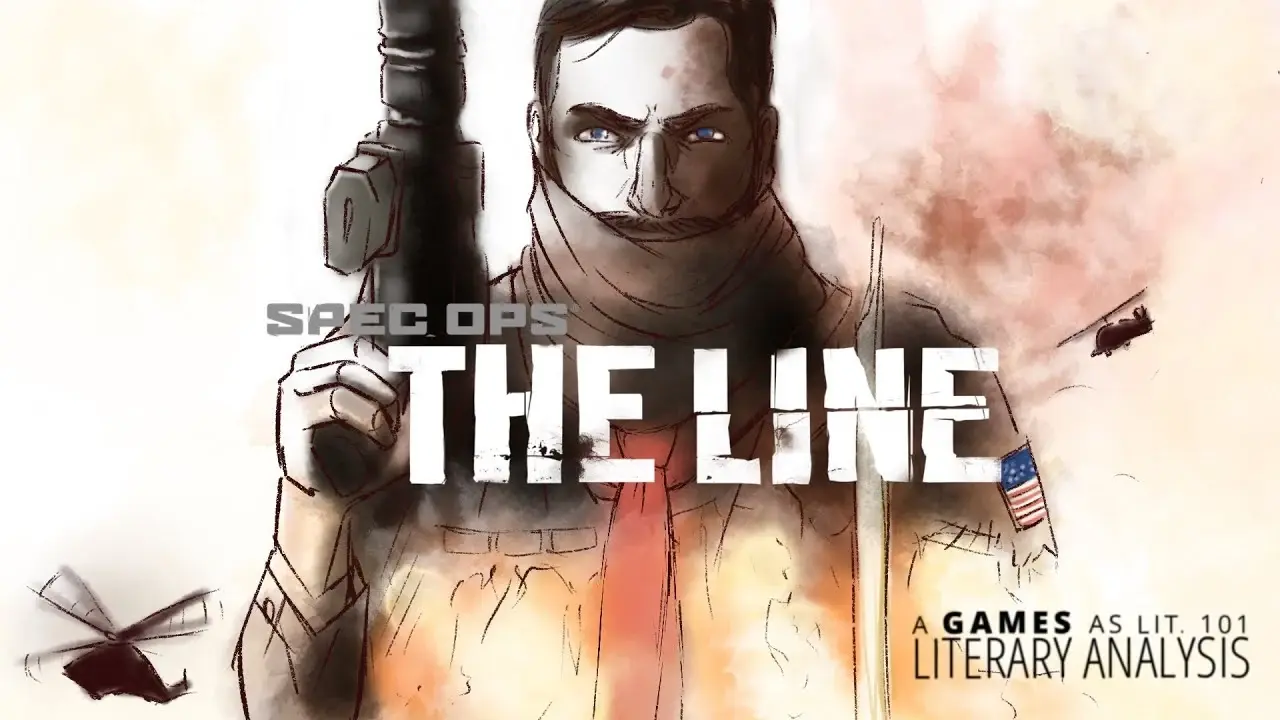The whole video is worth watching, but this section in particular makes a better case than I’ve seen in other analyses: that the game condemns player involvement not by simply chastising the player for choosing to continue playing itself (as I’ve seen other analyses argue), but rather for carelessly and uncritically engaging with the power fantasy that games like this cater to.



SPOILERS, since there are people who haven’t played it yet in this thread.
It seems relevant to consider that Konrad, which is the creator stand-in, is ultimately dead, and Walker, the player, is hallucinating an argument with him, where Walker must admit that he was responsible for everything that transpired. The ultimate conclusion of the game is the developer is basically saying “you did all this yourself, I’m not even here”. While the shock of internalizing all that transpired and the player’s role in it might shock some people into looking at these games beyond just the action and thrills, what it doesn’t do is to guide them to question the premises, framing and conclusions of a game like this. The truth is that the players only have done that which the developers have enabled them to do, and this is especially important to consider when it comes to games that do try to make the player feel heroic for war crimes and historical revisionism. The creators are alive and present,
I definitely can’t equate “Do you feel like a hero?” with being mindful about entertainment, especially not in its harsher version “You are here because you wanted to be something you are not”. Unlike the video, I don’t think we can gloss over that in the same scene the player is told “None of this would have happened if you just stopped”. Applied broadly, it seems like what the studio suggests, is that people stop engaging with war shooters entirely. That indulging in this military fantasy at all is inherently reprehensible. That, like Walker, seeking someone to blame for the moral failings of such a story is an excuse to protect your own ego.
But usually, there are people who are responsible for the moral failings of military propaganda.
Earlier in this video, Games as Literature does tie the “none of this would have happened if you’d just stopped” theme (i.e., the “hero” is the cause of the problems or at least a driving force for their exacerbation) as inherited from its direct inspirations: the Heart of Darkness novel and Apocalypse Now. So in the broader scope, the game is still addressing the original works’ anti-imperialist and anti-war themes while also adding the gaming industry meta-criticism.
But you make a good case that Yager added that extra layer clumsily by failing to direct its own additions with appropriate precision. Honestly, when I played this game a few years after its release, I interpreted it much the same way that you have here. But as I was watching this video I felt the pieces fit really well and just thought it was a really interesting perspective.
The general anti-war and anti-imperialist themes as well as the deconstruction of the military action hero that simply charges guns blazing are definitely well done. While I don’t think their metafictional message is quite as refined and well directed, it was sure impactful regardless.